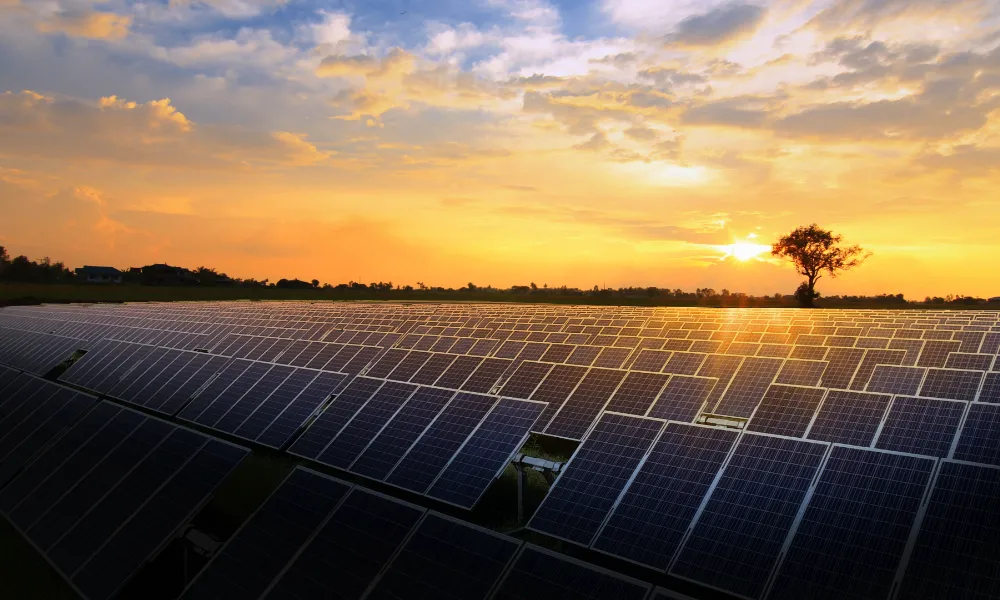In the quest for sustainable energy sources, solar panels have emerged as a promising solution to reduce our dependence on fossil fuels and mitigate the impacts of climate change. While the environmental benefits of solar panels are evident, many potential adopters grapple with the question: Are solar panels worth the investment? This article explores the cost-benefit analysis of solar panels, exploring the economic considerations that can help individuals and businesses make informed decisions about harnessing solar energy.
Initial Costs:
One of the primary barriers to adopting solar panels is the initial investment required for installation. The cost of solar panels has significantly decreased, thanks to technological advancements and increased production. However, the upfront expenses can still be substantial. Factors influencing the price include the size of the solar installation, the efficiency of the panels, and regional variations in installation costs.
On the positive side, various financial incentives and rebates governments and utility companies provide can help offset the initial costs. These incentives include tax credits, grants, and feed-in tariffs, making the switch to solar more financially feasible for many.
Long-Term Savings:
The actual value of solar panels becomes apparent when assessing the long-term savings they offer on energy bills. Solar panels generate electricity from sunlight, which translates into reduced reliance on traditional grid power. Over time, this can lead to substantial savings on monthly utility bills. The amount of savings depends on factors such as the size of the solar installation, local energy prices, and the panels’ efficiency.
Additionally, some regions allow for net metering, enabling solar panel owners to sell excess electricity back to the grid. This contributes to a cleaner energy grid and provides an opportunity for additional income or credits on electricity bills.
Environmental Benefits:
Beyond the economic considerations, solar panels offer undeniable environmental benefits. By harnessing the sun’s power, solar energy production produces minimal greenhouse gas emissions compared to traditional energy sources. Reducing carbon footprint contributes to mitigating climate change and promoting a more sustainable future.
Furthermore, as solar technology advances, the environmental impact of manufacturing and disposing solar panels continues to decrease. Many manufacturers are adopting greener production methods and recycling programs, further enhancing the overall sustainability of solar power.
Maintenance Costs:
An often overlooked aspect of solar panels is their low maintenance requirements. Unlike traditional energy sources that involve ongoing fuel costs and frequent maintenance, solar panels generally have minimal upkeep needs. Routine inspections and occasional cleaning to remove dust or debris are usually sufficient to keep the system operating efficiently.
The longevity of solar panels also contributes to their economic viability. Most solar panels come with warranties ranging from 20 to 25 years, with many systems exceeding these expectations and continuing to generate power for several decades. This extended lifespan enhances the return on investment and makes solar panels a reliable long-term energy solution.
Resale Value and Property Appreciation:
Installing solar panels can positively impact the resale value of a property. Many homebuyers are increasingly interested in energy-efficient homes equipped with renewable energy sources. Studies have shown that homes with solar panels sell faster and command higher prices in the real estate market. Therefore, the investment in solar panels is a valuable addition to a property, providing a potential return when selling the home.
Conclusion:
In the final analysis, the cost-benefit analysis of solar panels reveals a compelling case for their adoption. While the initial investment may seem significant, the long-term savings on energy bills, environmental benefits, and potential financial incentives contribute to a positive economic outlook. As technology continues to advance and governments prioritize clean energy initiatives, the economic viability of solar panels is expected to improve further.






